- 205 Posts
- 75 Comments

 4·23 days ago
4·23 days agoOld School Runescape.

 6·25 days ago
6·25 days agoI’m not sure. As long as it keeps working, I’ll probably keep using it until a viable alternative appears. I use my laptop more than my phone, so I don’t actually need passwords on my phone as often.

 24·25 days ago
24·25 days agoThis one hurts… as I use this as my password manager on mobile :{

 101·2 months ago
101·2 months agoLooks like a number of patches are landing in Ubuntu to address this: https://bugs.launchpad.net/ubuntu/+source/cups/+bug/2082335
Update: CUPS Remote Code Execution Vulnerability Fix Available

 67·2 months ago
67·2 months agoThis is a great summary. Thanks!

 19·2 months ago
19·2 months agoIt looks like you are running XFCE instead of GNOME (the normal Ubuntu desktop). I’m not sure how that happened… but you an always just install another desktop.
For instance, you can try to make sure you have the
ubuntu-desktoporubuntu-desktop-minimalmetapackage installed:sudo apt install ubuntu-desktop-minimalAfter that, the login manager should allow you to select the Ubuntu session rather than the XFCE one.

 3·2 months ago
3·2 months agoI wrote a Python script to parse the data and convert into RGB values. Here are the light mode values:
blue 00496c red a0252b green 3b6e43 yellow 966800 bright_green 00572c bright_red 880418 bright_orange 782c00 ext_warm_grey 9b8e8a ext_orange fab86c ext_yellow f6e062 ext_blue 6acad8 ext_purple d48cff ext_pink ff9bdd ext_indigo 95c4fc accent_blue 00525a accent_red 78292e accent_green 185529 accent_warm_grey 554742 accent_orange 624000 accent_yellow 534800 accent_purple 68217b accent_pink 860439 accent_indigo 2e496cHere are the dark mode values:
blue 94ebeb red ffb5b5 green abf6d1 yellow fff19e bright_green 5edb8c bright_red ffa090 bright_orange ffa37d ext_warm_grey 9b8e8a ext_orange ffad00 ext_yellow fddb40 ext_blue 48b9c7 ext_purple ce7dff ext_pink f93983 ext_indigo 3e88ff accent_blue 63d0de accent_red fca1a0 accent_green 92ce9b accent_warm_grey cabab4 accent_orange ffad00 accent_yellow f6e062 accent_purple e79bfd accent_pink ff9bb1 accent_indigo a1c0eb

 4·2 months ago
4·2 months agoThey have the RGB values as decimals in the
light.ronanddark.ronfiles here: https://github.com/pop-os/libcosmic/blob/master/cosmic-theme/src/model/You would need to convert the numbers to hexadecimal manually.

 4·2 months ago
4·2 months agoYes, based on the diagrams on their blog, it looks like this only impacts Snaps.

 12·2 months ago
12·2 months agoFrom the Discourse Blog:
The Linux desktop provides XDG Desktop Portals as a standardised way for applications to access resources that are outside of the sandbox. Applications that have been updated to use XDG Desktop Portals will continue to use them. Prompting is not intended to replace XDG Desktop Portals but to complement them by providing the desktop an alternative way to ask the user for permission. Either when an application has not been updated to use XDG Desktop Portals, or when it makes access requests not covered by XDG Desktop Portals.
Since prompting works at the syscall level, it does not require an application’s awareness or cooperation to work and extends the set of applications that can be run inside of a sandbox, allowing for a safer desktop. It is designed to enable desktop applications to take full advantage of snap packaging that might otherwise require classic confinement.
So this looks like it complements and not replaces the XDG Desktop Portals, especially for applications that have not implemented the Portals. It allows you to still run those applications in confinement while providing some more granular access controls.

 4·2 months ago
4·2 months agoI used to use VLC for music, but these days I use Symphony to play local files on my phone. VLC tended to struggle when scanning or indexing large folders (which it did all the time…), while Symphony is a bit better at that. That said, I still use VLC for video and for casting things from my DLNA server (VLC supports Chromecast).
For ebooks, I’ve used Librera FD and that has been mostly OK. I’ll checkout the two you mentioned though. Thanks!

 3·2 months ago
3·2 months agoOn Ubuntu, there is a program called “Firmware Updater” which uses LVFS to retrieve and install firmware updates (including BIOS/UEFI).
According to this page: https://fwupd.org/lvfs/devices/com.lenovo.ThinkPadN23ETXXW.firmware your Carbon X1 Gen 6 should be supported.

 18·2 months ago
18·2 months agoI think you meant Pop!_OS (is developed by System76). TuxedoOS is developed by Tuxedo Computers, which is a European Linux focused hardware company.
That said, the point stands… there are hardware companies making Linux supported devices.

 11·2 months ago
11·2 months agoThe default “App Center” does not support flatpaks (only snaps). However, if you install the GNOME software center with the suggested dependencies:
$ sudo apt install --install-suggests gnome-softwareThen you will be able to install flatpaks, debs, and snaps.

 1·3 months ago
1·3 months agoWhat is this article How to install the Rust Cosmic Desktop environment on Pop!_OS?
Either, if you want to use the new COSMIC login screen, you can install the cosmic-greeter package:
sudo apt install cosmic-greeterOnce that is installed, you should be able to switch back and forth between cosmic-greeter and gdm3 with:
sudo dpkg-reconfigure gdm3and selecting whichever login manager you wish to use.

 32·3 months ago
32·3 months agoI think the WINE project was maintaining a fork of Mono that was used to support running certain Windows applications:
So in addition to translating traditional WIN32 system calls, WINE also supports .NET applications, which a number of Windows programs require.

 11·3 months ago
11·3 months agoCoincidentally, I received a firmware (EFI) update from Dell today via LVFS. Really nice that it works so smoothly on native Linux (no more manually downloading firmware to USB drives, or relying on Windows).

 1·3 months ago
1·3 months agoThis reddit post seems relevant. A user mentions:
I found out that only the containers having these kind of networking problems where all running the container in “host” networking mode.https://docs.docker.com/network/drivers/
Since I don’t need host mode, I can just comment that line out, and it will start using the standard Bridge (which will be used by default if you don’t specify any networking settings for your containers)
This is running under docker as you had in your initial configuration.
Another reddit post mentions setting the gateway and DNS server if you have a static IP:
It turned out to be nothing to do with Plex but rather was the fact that there was missing information on my static IP setup. Once I added in the gateway and DNS information those extraneous messages went away.
I’m not sure if that will help, but it’s perhaps something you could consider as you debug this issue. Good luck.

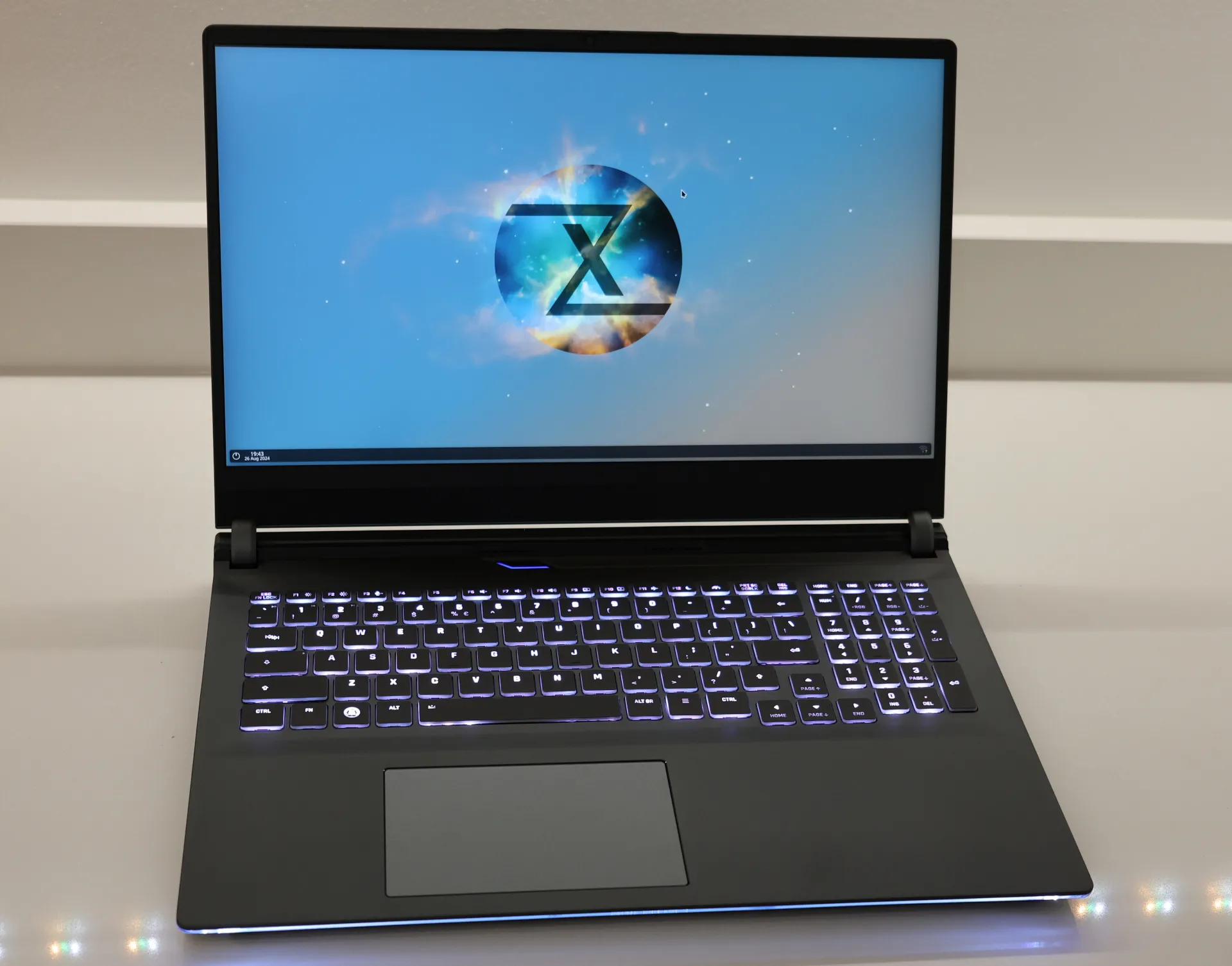

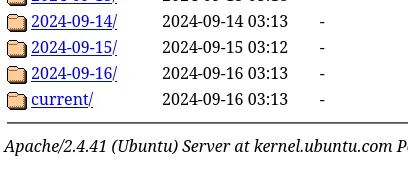



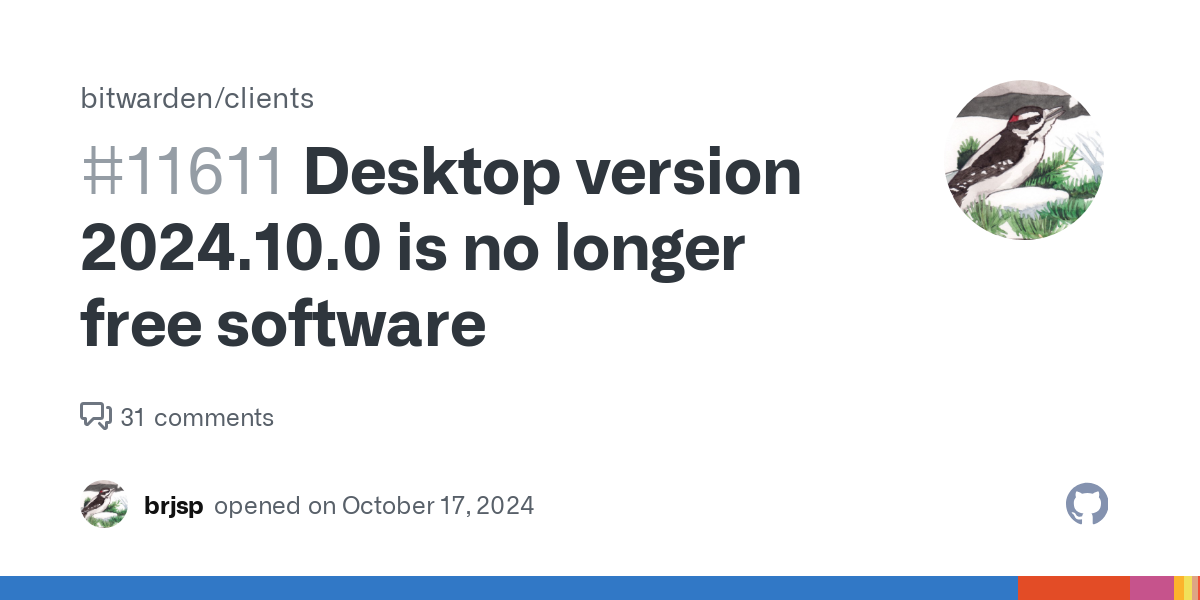
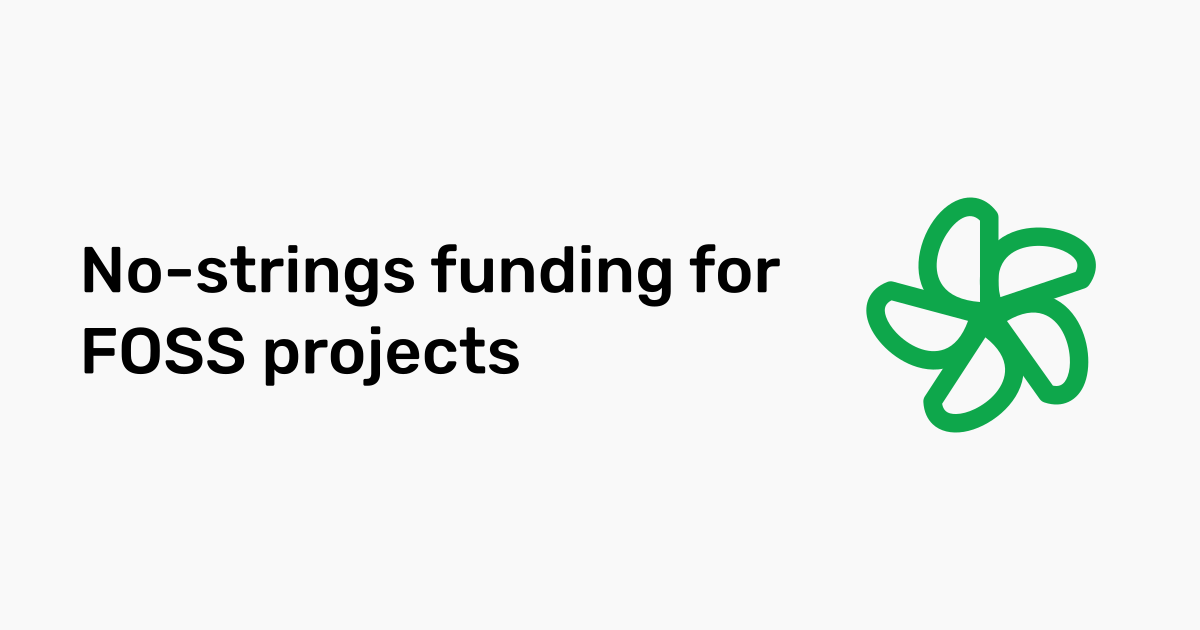
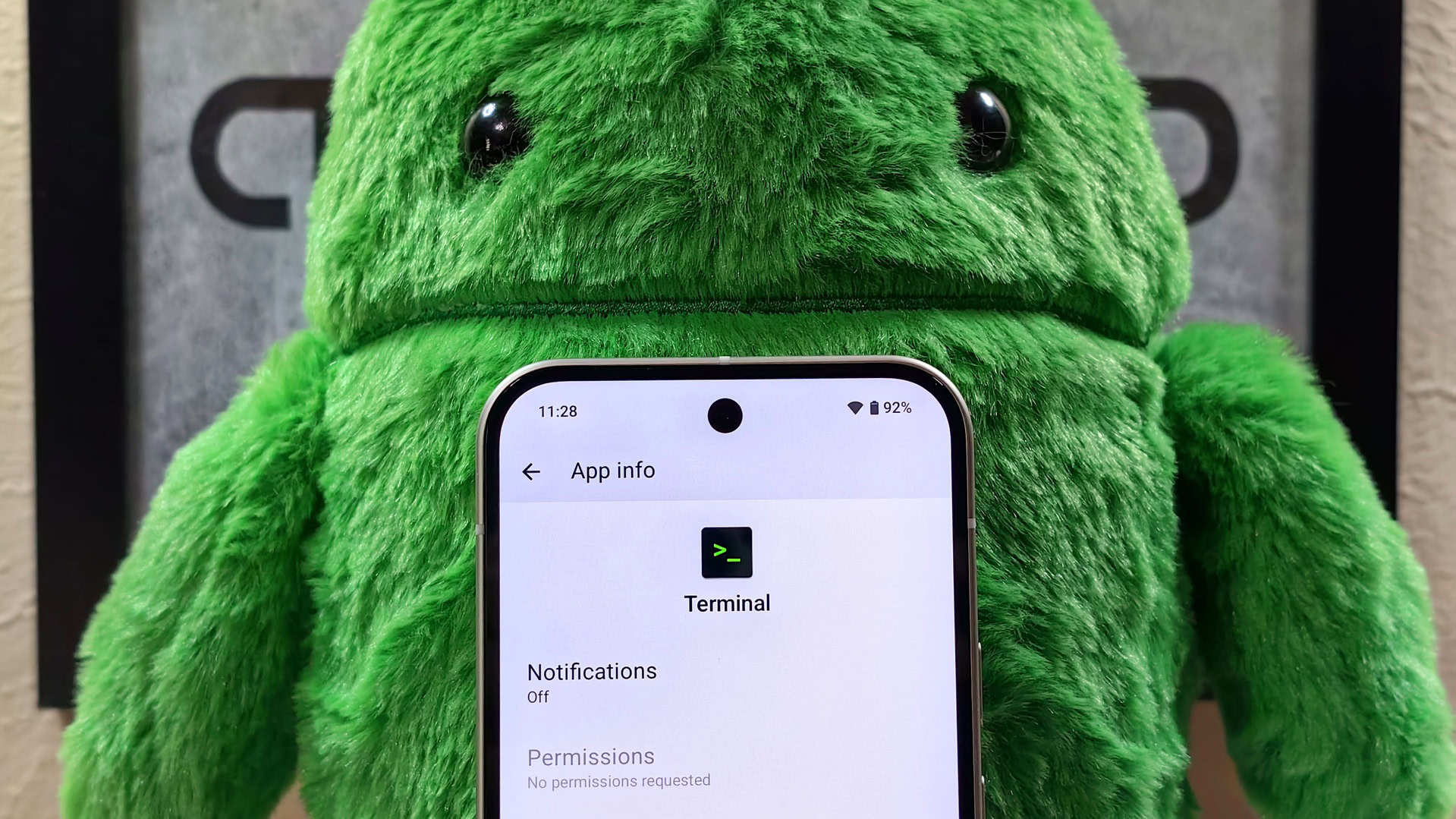
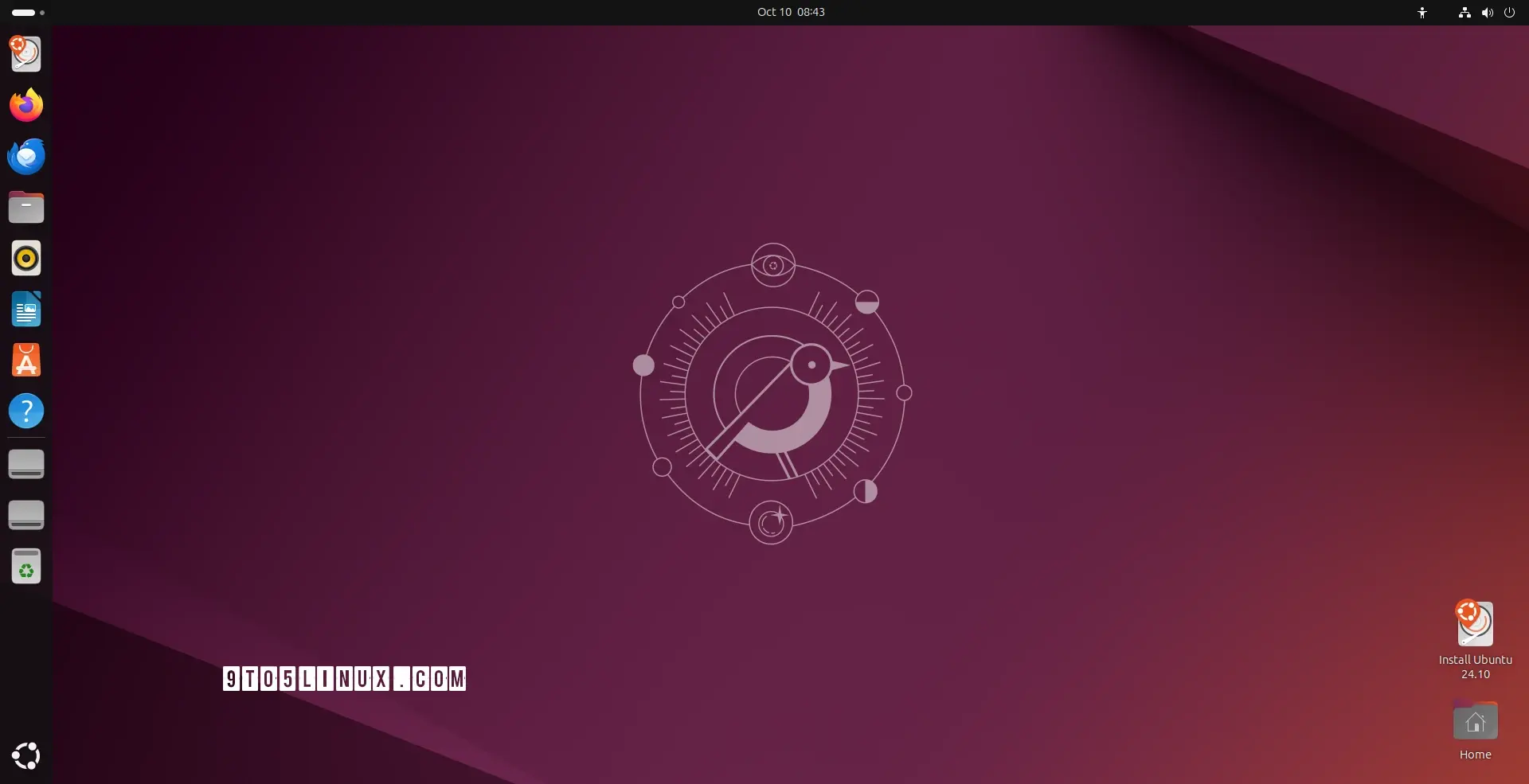
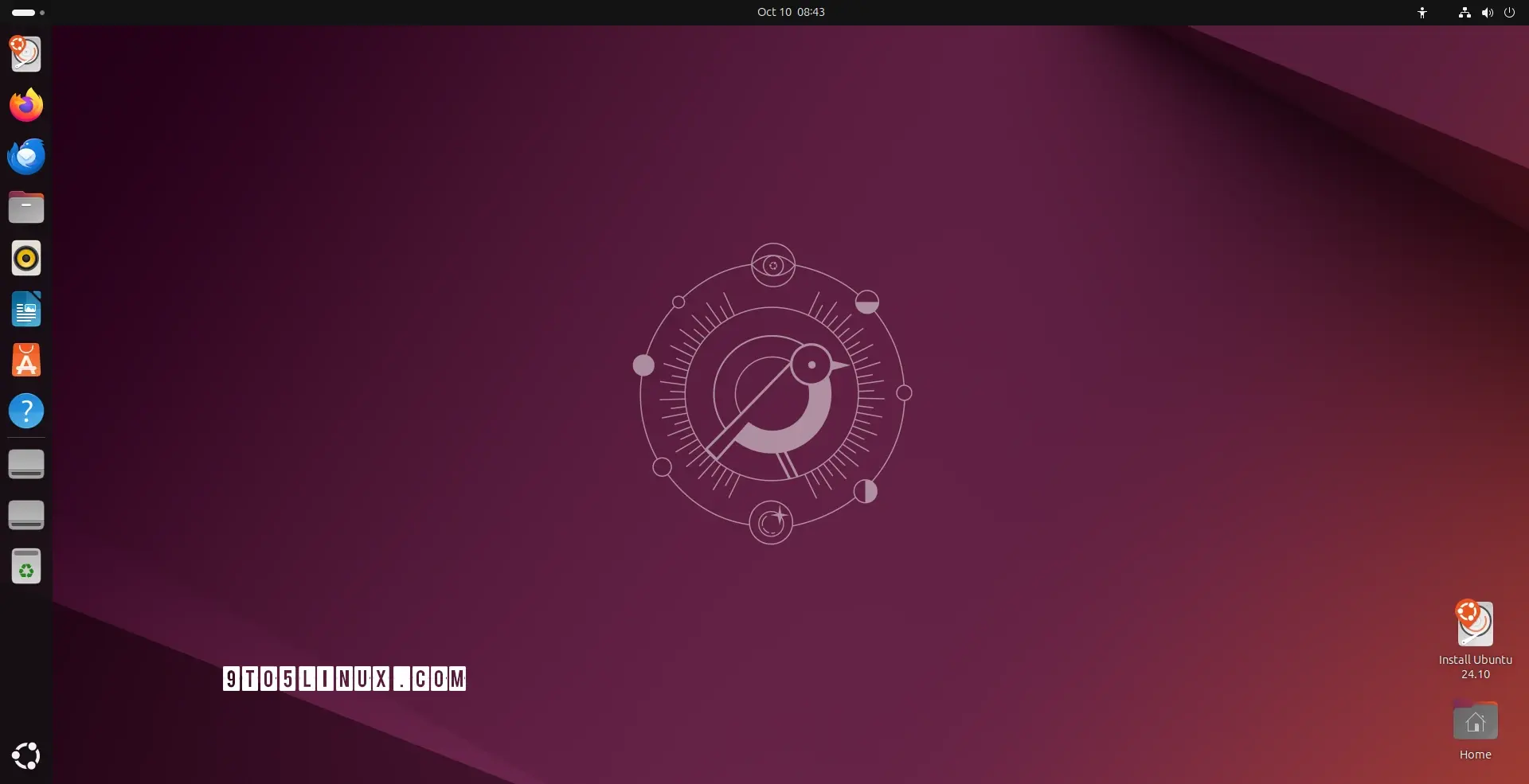
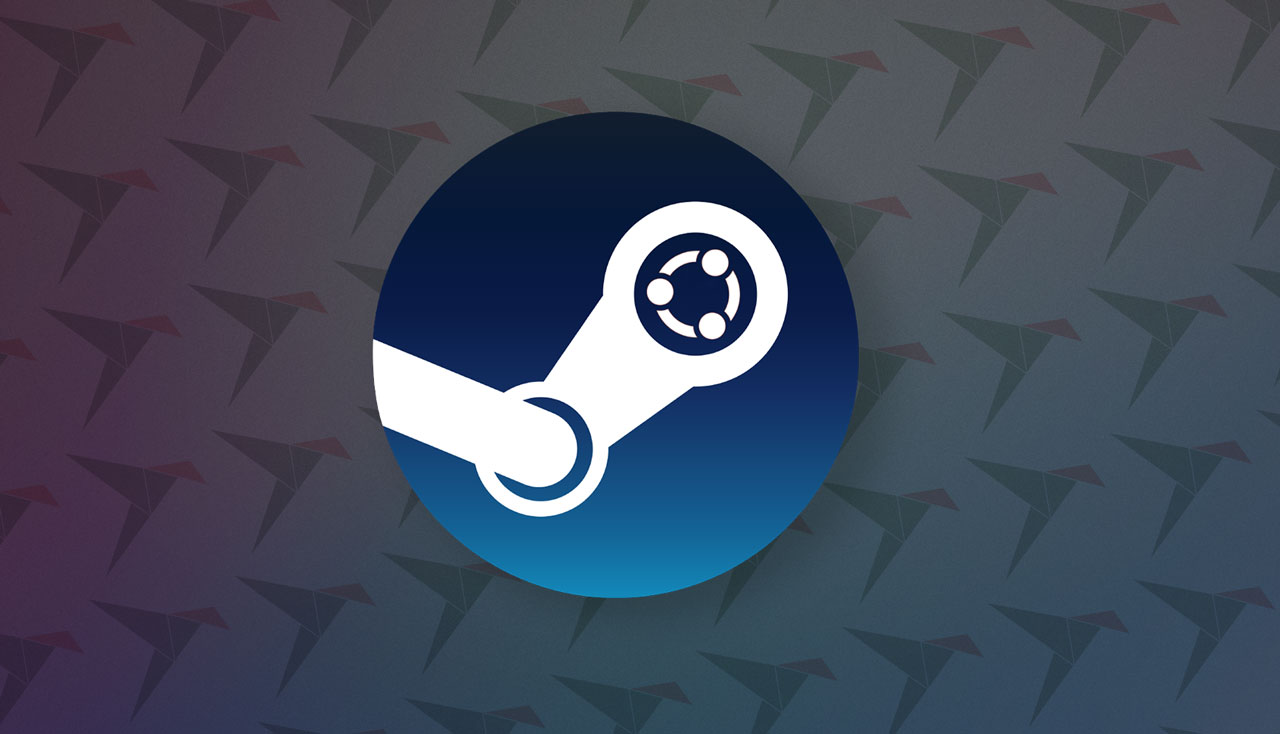
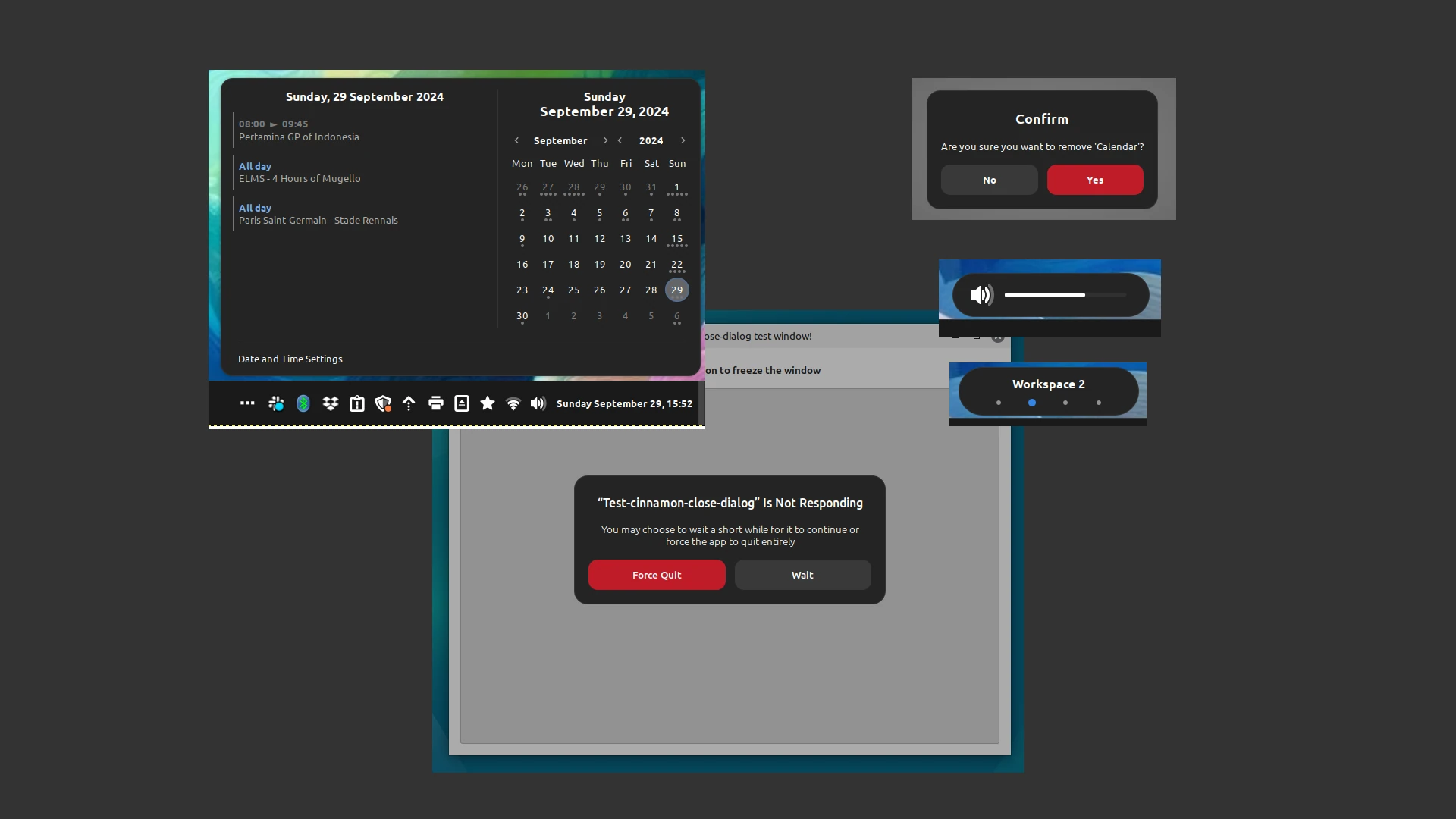
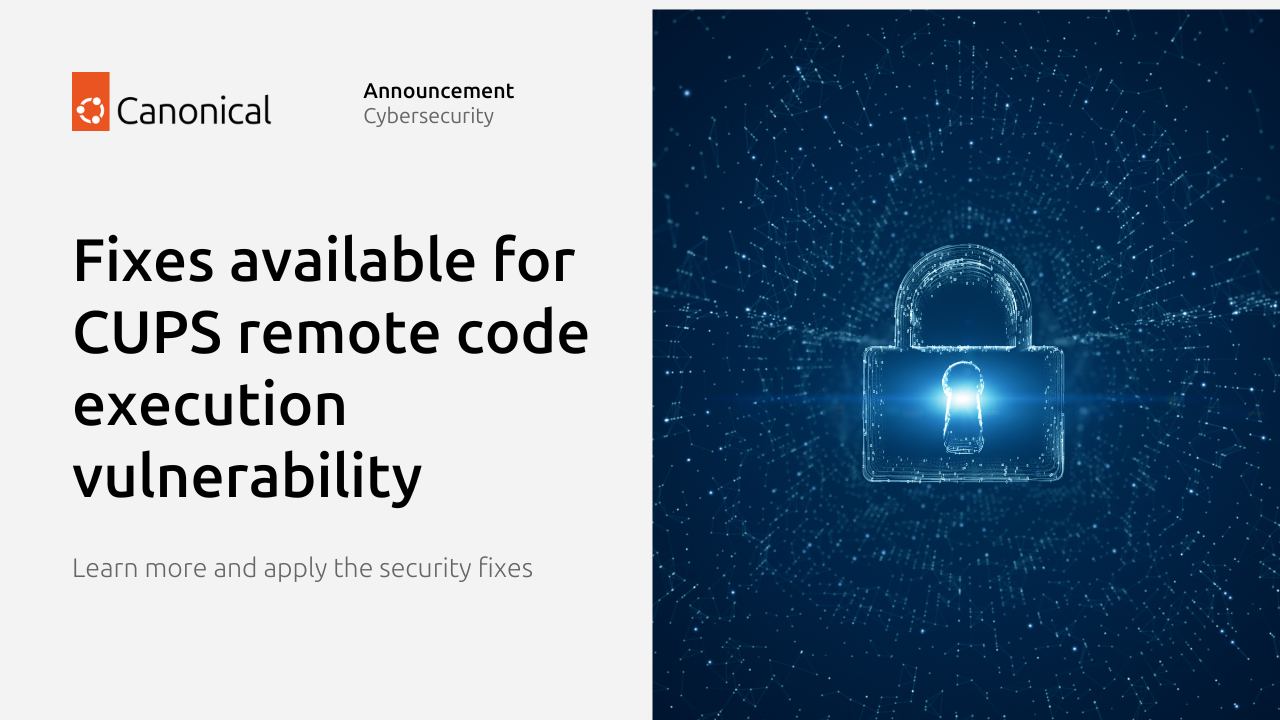
Over the course of the last 20 years, I’ve gone from Arch -> Void -> Pop!_OS -> Ubuntu, and that is what I use on all my machines (laptops, desktops, servers).